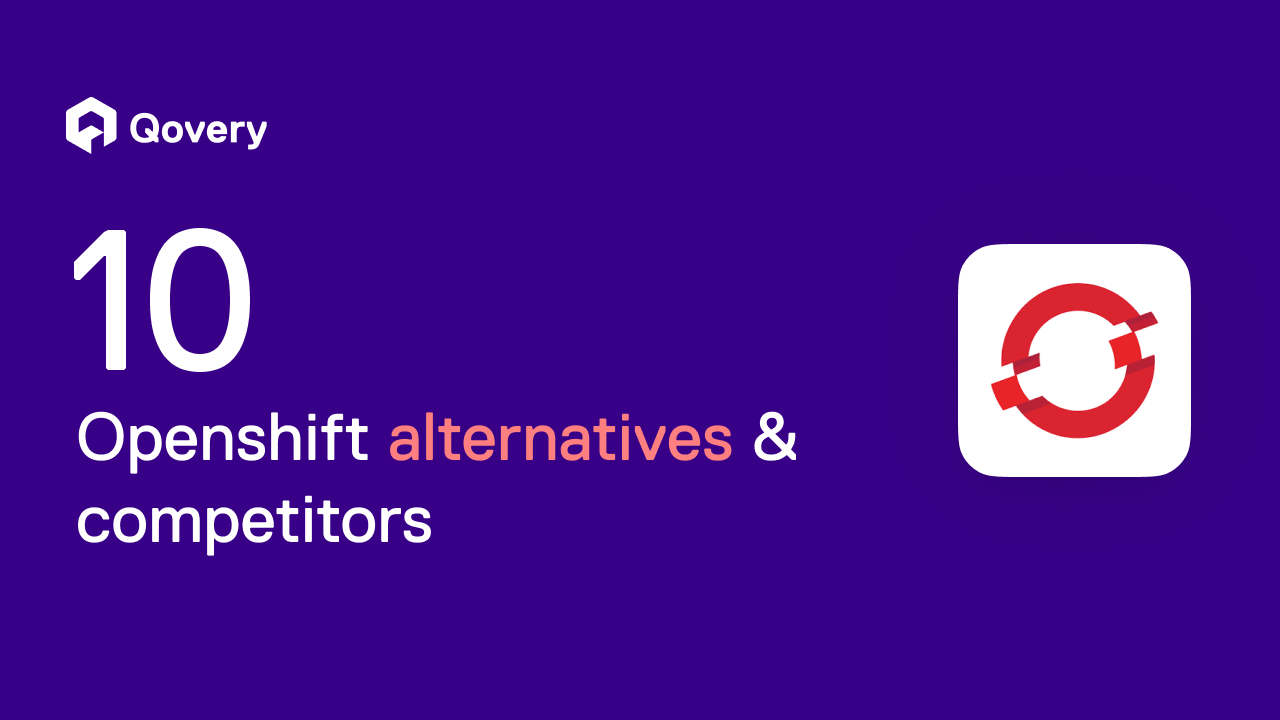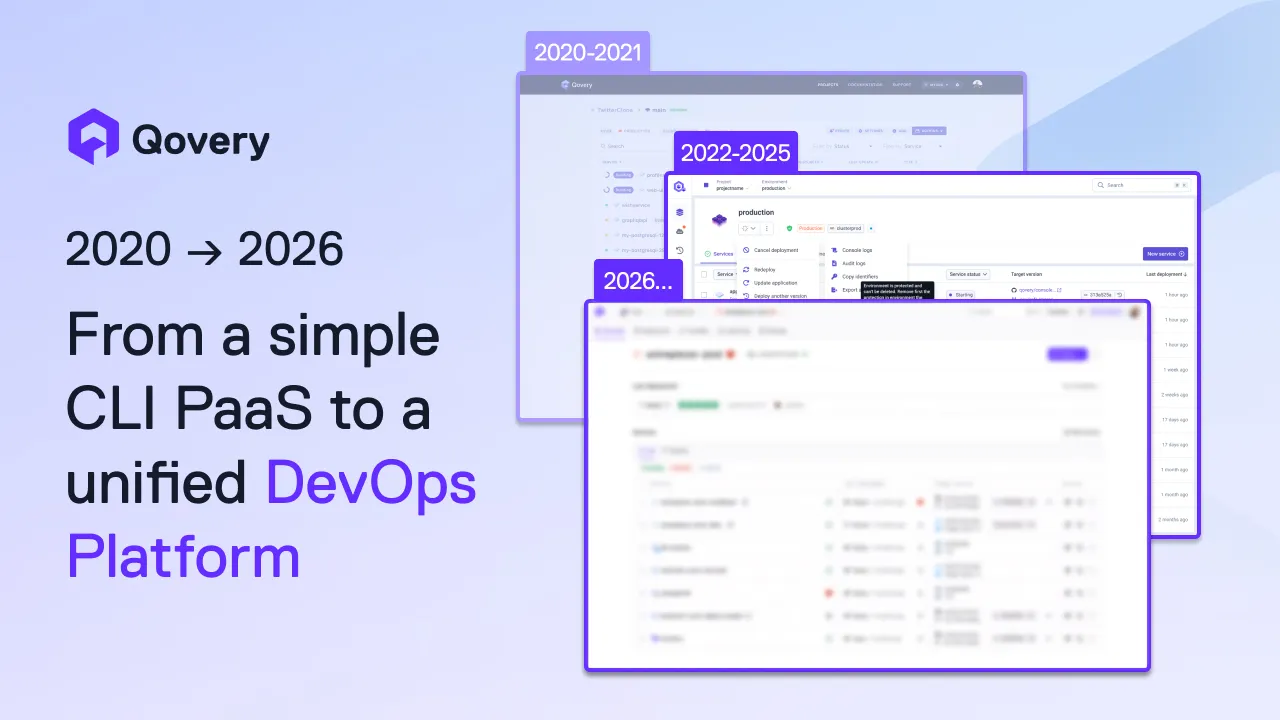The process of software development has changed radically. Development is fast-paced and needs testing and staging environments to reflect production accurately. Still, achieving this can be a significant operational hassle. Most engineering teams use a single staging environment, making it hard for developers to test their changes in isolation. That’s where Qovery’s Preview Environments comes in, solving this problem by automatically creating a clone of your production environment (including applications, databases and configuration) on every pull request, so you can test your changes confidently without affecting your production. We have built the dream feature for any team of developers, and I will walk you through exactly how to implement and create Preview Environments on AWS with Qovery in 5 simple steps.
Albane Tonnellier
Product Marketing Manager


.webp)









